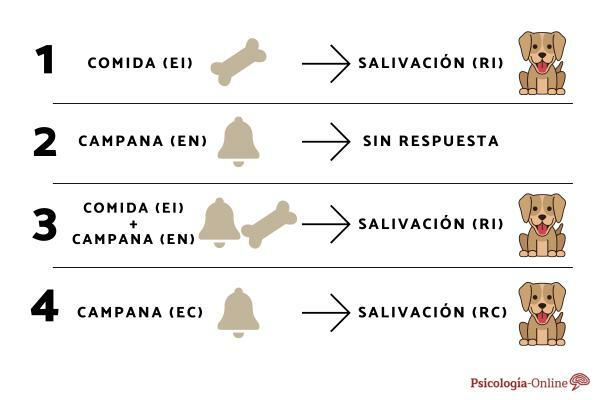
Murray (1938) is one of the basic authors in the development of motivational theories based on the study of the needs of the subjects. A need is a mental construct that represents a force, which organizes perception, apperception, intellection, conation and action so that the existing unsatisfactory situation is modified according to a certain direction. Distinguish between viscerogenic needs linked to organic and psychogenic facts derived from above but are characterized by their lack of focal connection with any of the organic processes specific. There are a relatively large number of specific needs that drove human behavior.
The specific needs that drove human behavior are:
- need for degradation
- avoidance of shame, need for achievement
- avoidance of harm, need for achievement
- avoidance of harm, aggression
- autonomy, contraction
- defense difference
- domination, protection
- order game
- rejection, sex
- consolidation, understanding
Many of these needs have been taken into account in work psychology manuals as possible motivators of the human subject's behavior. Three have been investigated further: need for achievement, need for power or domination, need for affiliation. Especially relevant needs in the organizational context.
NEEDS.
Need for achievement. The need for achievement prompts individuals to exceed established norms and standards when carrying out their activities and to improve their own achievements. For measurement in subjects, McClelland et al. used the plates of the TAT formulating the differential aspects of the "achievers". Subjects with a high need for achievement prefer tasks of intermediate difficulty, which offer a good probability of success but also some difficulty for success to have a real meaning. They prefer tasks with quick feedback that allows them to know the results of their execution and improve it and look for situations in which they can assume responsibility is in the solution of the problems.
McClelland provides indirect evidence that the organization's need for achievement is important to success organizational, the economic growth of companies is closely related to the levels of need to achieve their members. Some critics are directed against this theory pointing out that not all the results of the Research confirms the principles postulated by it and that the measures used (TAT) are not adequate.
Need for Power
The need for power is the need to have influence over others and the possibility of exerting control over them. Individuals with a high need for power prefer competitive and goal-oriented situations. status and are often more concerned with gaining prestige and influence than with realization effective.
Affiliation need. Individuals with a strong need for affiliation tend to enlarge and seek acceptance from others and prefer cooperative situations to competitive ones. McClelland point out that effective managers often have a high power need and a low affiliation need. Other authors point out the difficulty of determining the cause and effect in the relationship between the managerial position and the need for power.
This article is merely informative, in Psychology-Online we do not have the power to make a diagnosis or recommend a treatment. We invite you to go to a psychologist to treat your particular case.


